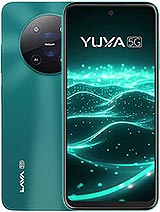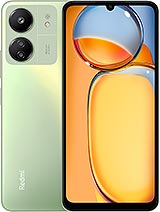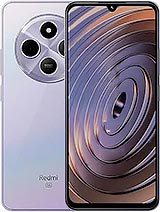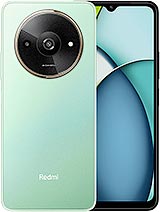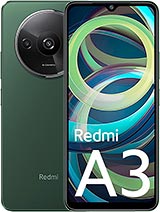Lava Yuva Star 4G alternatives
Tap above to see alternatives.
Samsung Galaxy F14 4G alternatives
Tap above to see alternatives.
Lava Yuva Star 4G

Lava Yuva Star 4G
-
Unisoc SC9863A
28 nm
-
5000 mAh
10W
-
6.75"
720 x 1600 pixels
-
13 MP
1080p@30fps
Samsung Galaxy F14 4G

Samsung Galaxy F14 4G
-
Snapdragon 680
6 nm
-
5000 mAh
25W
-
6.7"
1080x2400 pixels
-
50 MP
1080p@30fps
4x1.6 GHz Cortex-A55
4x1.2 GHz Cortex-A55
2.4 GHz, Quad core, Kryo 265
1.9 GHz, Quad core, Kryo 265
(wide), AF
f/1.8, (wide)
2 MP
f/2.4, (depth)
2 MP
f/2.4, (macro)
f/2.0, (wide)
SIM1: Nano, SIM2: Nano
SIM1: Nano, SIM2: Nano
In this comparison, the Samsung Galaxy F14 4G with the Qualcomm Snapdragon 680 (6nm) performs better than the Lava Yuva Star 4G with the Unisoc Unisoc SC9863A (28nm), thanks to its more efficient chipset.
The Samsung Galaxy F14 4G offers 2 years of OS updates, while the Lava Yuva Star 4G provides 1 years. When it comes to security updates, Samsung Galaxy F14 4G leads with 4 years of support.
Both phones use LCD panels. Moreover, Samsung Galaxy F14 4G offers a higher 90 Hz refresh rate for smoother scrolling. These phones offer the same brightness level at nits. Notably, Samsung Galaxy F14 4G has a higher resolution display, resulting in sharper visuals.
Both phones have the same 5000 mAh battery capacity. Samsung Galaxy F14 4G supports faster wired charging at 25W.
Neither phone has an official IP rating for water and dust resistance.


